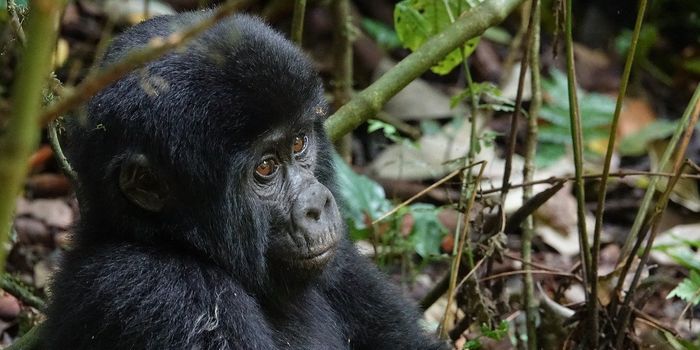We Could Eventually Use DNA for Computer Data Storage
Hard drives and solid state drives are expanding in size every day, allowing you to store more of your important information on a smaller storage surface. Of course, while you might be amazed that so many of your photos and videos can fit on such a small device, you might be amazed to learn that your DNA can store much more data in a small sample than modern technology could ever hope to match.
DNA is hyper-compact, and rather than storing 0's and 1's like a computer does, it stores information in A's, C's, G's and T's. This information can be translated with algorithms, and it's been proven that it's possible to convert this information without any errors.
That said, DNA works very much like nature's version of a storage drive, and one gram of DNA can store up to 215 petabytes of data; that's 220,160 terabytes of data!
This ultra-compact storage takes up an insanely small amount of space, and dwarfs all of the solid state drives or hard drives that would be required to generate this kind of storage space. More importantly, DNA lasts significantly longer than the technological counterparts, so it could be used in a variety of ways for science research (possibly in space?)
It should be interesting to see how this knowledge and technology evolves. Perhaps in a few more decades, the storage drives you use will be powered by DNA strands instead of rotating platter disks or flash memory modules.








